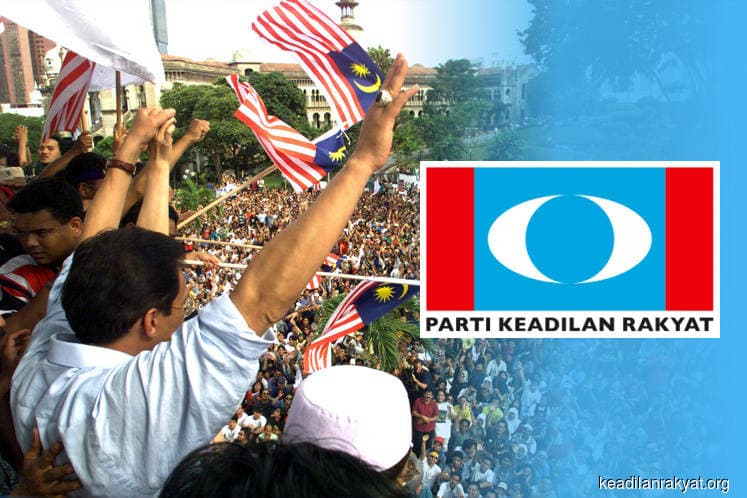
This article first appeared in The Edge Financial Daily on July 23, 2018
KUALA LUMPUR: The PKR election to be held in August will show whether vote-buying has taken root in the biggest party in the new government coalition, says outspoken political scientist Prof Edmund Terence Gomez.
Making the case for a sustained national campaign to press for the reform of political financing, Gomez said that both the Pakatan Harapan coalition which clinched the first change of government since independence and the Barisan Nasional coalition that had ruled for over six decades have stopped short of adopting measures to regulate the flow of funds into political parties.
The reluctance to quit the money-driven political culture was seen in the recent Umno election, where it was clear that substantial sums were spent, said Gomez, despite the message for change sent by voters through the shock result of the historic 14th general election.
“Long-ruling parties that lost power, like the KMT in Taiwan, PRI in Mexico and LDP in Japan changed but not Umno,” said Gomez in his presentation at the Public Forum on Political Financing Reforms organised by the G25 group of eminent Malays in Kuala Lumpur on Saturday.
The G25 has presented its recommendations for the reform of political financing, which are endorsed by 69 other groups, to the Institutional Reforms Committee under the Council of Eminent Persons.
Among the major recommendations are the adoption of a Political Parties Act to regulate political financing, strengthening the Election Commission and regulating internal party elections.
Gomez, who is professor of political economy at Universiti Malaya, said that he had been informed that the recommendations were being assessed, and the next steps would be decided soon.
Asian Strategy and Leadership Institute director Tan Sri Ramon Navaratnam, who was among the panelists, noted that there was no strong political will even now to stamp out corruption.
“For things to change, the people must be against it,” said Navaratnam, calling on civil society groups to bring about a popular movement against the culture of corruption.
Political analyst Wong Chin Huat, who was another panelist, said that political financing reform should be aimed at crowding out private funding of political parties to minimise the influence of vested interests on political parties.
Another question that needs to be addressed is how the reforms can help phase out communal politics.
He cautioned against starving opposition parties of constituency development funding as that would lead to their politicians crossing over to the parties in power.
“The only opposition parties that will survive would be those that do not need money,” said Wong. “That’s when you get people working for free to promote religious or racial causes,” he said.
Parti Bersatu strategist Wan Saiful Wan Jan, who was the only political leader to accept the forum organiser’s invitation, said the vindictive stance of the previous government against its political enemies forced many donors to remain anonymous.
Human rights advocate Cynthia Gabriel said it had been very difficult to get even progressive political leaders to commit to adopting political financing reforms although this had been included in the Pakatan manifesto.
“All of us must raise our voices to insist that the election promise to create a political financing system based on integrity must be carried out. It can be done and must be done,” said Cynthia, who is the executive director of the Centre to Combat Corruption and Cronyism.